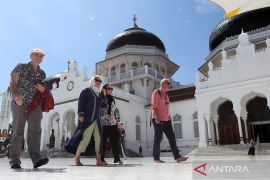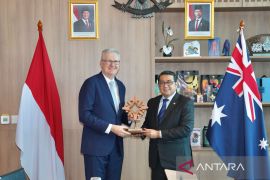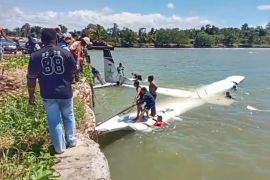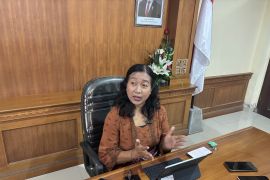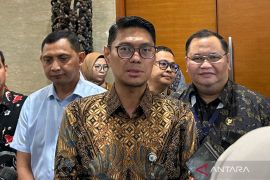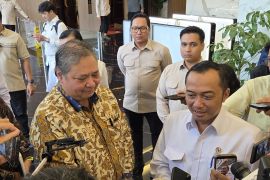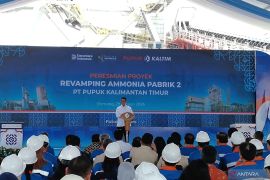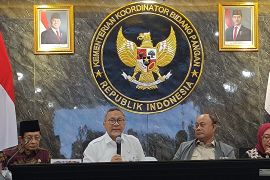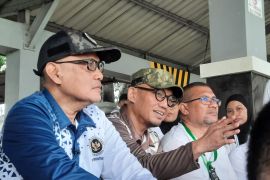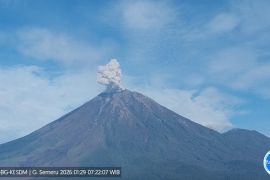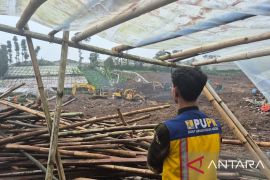"We provide financial support for the project implementation program on utilization of information and communication technology to improve education quality and equity in the Yogyakarta Special Region," a JICA representative, Ohara. said here, Saturday.
According to Ohara, with the information and communication technology facility in schools, the teachers and the students can use it maximum in order to improve the quality of education.
"The teachers can also use those tools to develop teaching materials so that the process of teaching and learning in schools can take place more attractively," Ohara noted.
Meanwhile, the Governor of Yogyakarta, Sri Sultan Hamengkubuwono X said, to realize the success of the program it needs a play role of government, people and the world of education to jointly work together in building an information and communication technology-based education.
According to the governor, with that synergy, in 2020 Yogyakrata is expected to become a leading education region in Indonesia and even in the world.
"The success of the program can be implemented in other provinces so the goal in forming the intelligent and responsive future generation to information and communication technology can be achieved," he said.
Meanwhile, according to the director general of information application, the ministry of communication and information, Aswin Sasongko, the launching of the program with theme "Learning Without Limits" is to create learning opportunities for elementary and junior high school students without being tied to space and time.
"The program is funded by the Japanese government through JICA and it is a cooperation between the ministry of communication and information with Yogyakarta provincial administration through education, youth and sports office and it will be implemented in 500 schools in Yogyakarta," Aswin noted.
According to him, the program includes information and communication technology tools, learning content and training.
The implementation of the program was started in 2010 by building internet data center (IDC), network communications, procurement of the device in 110 schools, teaching materials, content development, teacher training and disbursement of block grant funds.
"The next step will be implementation in 2011 for 240 schools and 150 schools in 2012. Starting in 2012, the learning system will be implemented in other provinces," Aswin explained.(*)
(T.KR-LWA/HAJM//H-YH)
Editor: Ruslan Burhani
Copyright © ANTARA 2011
